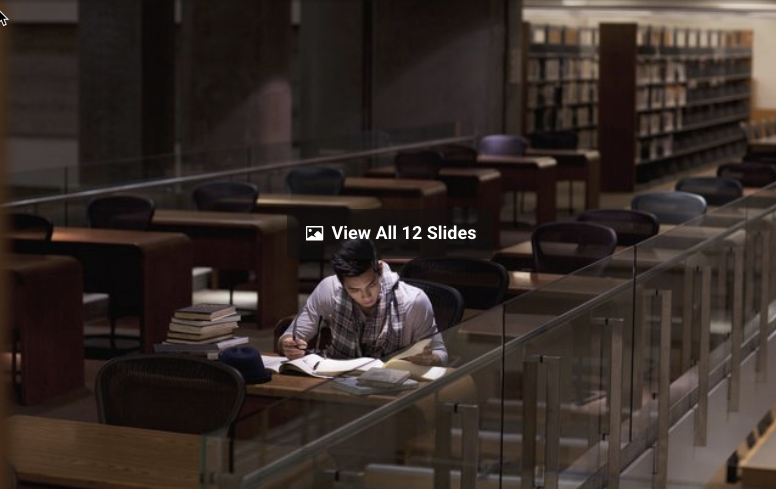The Supreme Court is set to decide this month whether the forthcoming 2020 decennial census will ask respondents if they are U.S. citizens.
The Trump administration wants the so-called citizenship question included in the survey, White House officials have said, in order to better enforce the Voting Rights Act of 1965. But the anticipated undercount of people and poverty, driven by the reluctance of immigrant communities and Hispanic households to complete the census if the citizenship question is included, is expected to have a devastating impact on federal K-12 funding for school districts that serve the most vulnerable students.
Ahead of the high court’s decision, educators across the country are bracing themselves for billions of dollars in critical resources that could be lost and they’re scrambling to develop ways to minimize the undercount.
Miscounting Poor Students
Billions of dollars in federal aid and virtually every metric for assessing achievement gaps rely on an accurate system for counting students from low-income families.




